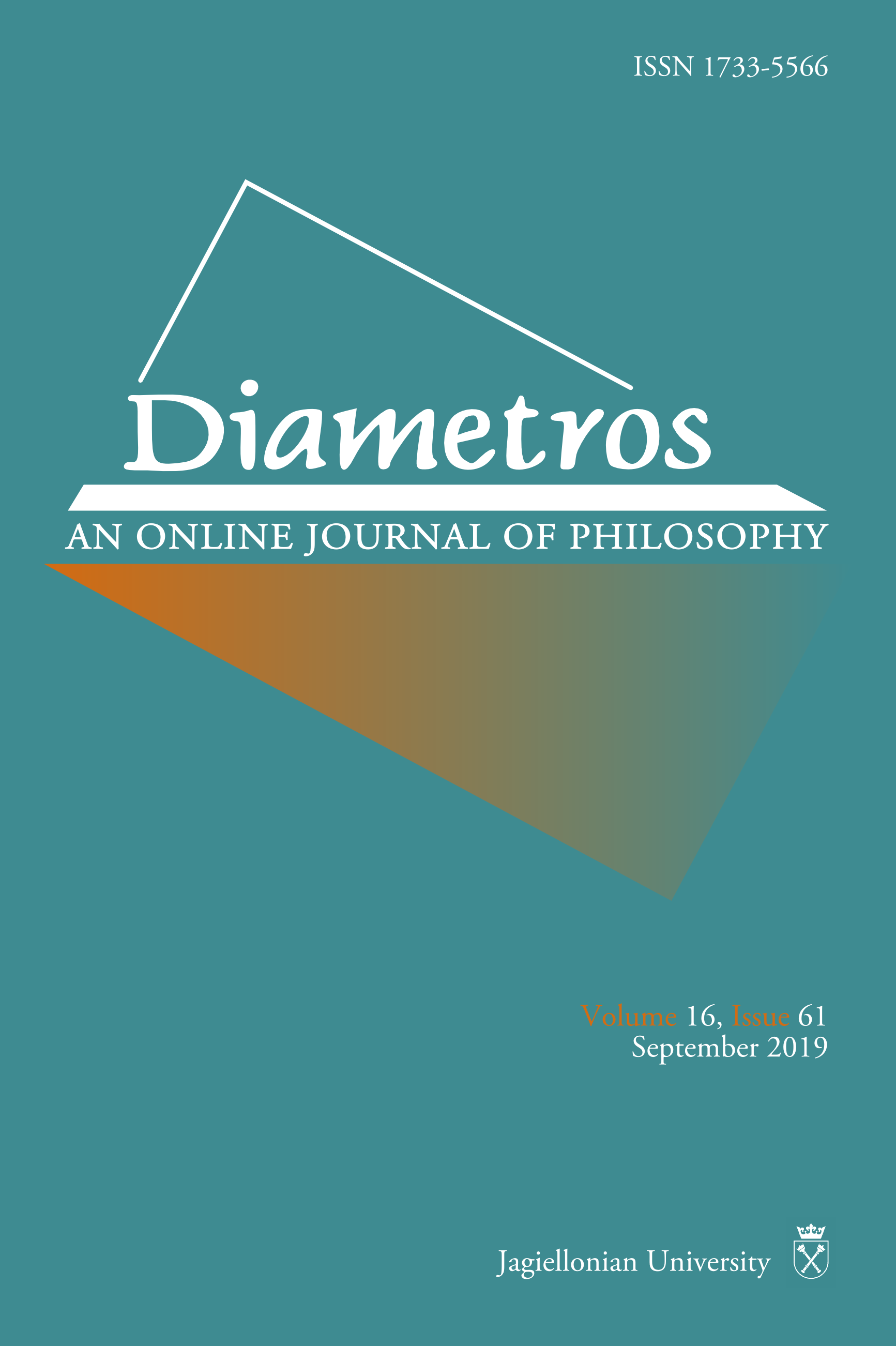Madness Subjectivized. The Ethical Sources of Psychoanalysis in the Thought of Jürgen Habermas and Charles Taylor
Madness Subjectivized. The Ethical Sources of Psychoanalysis in the Thought of Jürgen Habermas and Charles Taylor
Author(s): Antoni GrabowskiSubject(s): Philosophy, History of Philosophy, Philosophical Traditions, Ethics / Practical Philosophy, Special Branches of Philosophy
Published by: Instytut Filozofii Uniwersytetu Jagiellońskiego
Keywords: Freud; Habermas; Taylor; psychoanalysis; subjectivity; ethics; expressive individualism; critical theory
Summary/Abstract: The aim of the article is to illustrate the ethical foundations of psychoanalysis and to outline the ethical origins of Freudian theory. To this end, Jürgen Habermas' conception of knowledge-constitutive interests is discussed, which draws on psychoanalysis as an example of science justified in its form through an underlying emancipatory interest. The analysis of the position of the German philosopher is complemented by Charles Taylor's reflections on the sources of the contemporary conceptions of subjectivity and related ethical conceptions considered in their relation to the history of the discourse on madness - including psychoanalysis. The research results in showing the continuing validity of the conception proposed by Freud in the context of the development of the philosophical theories of subjectivity, as well as more detailed, conceptual problems concerning mental disorders.
Journal: Diametros
- Issue Year: 16/2019
- Issue No: 61
- Page Range: 1-18
- Page Count: 18
- Language: English

